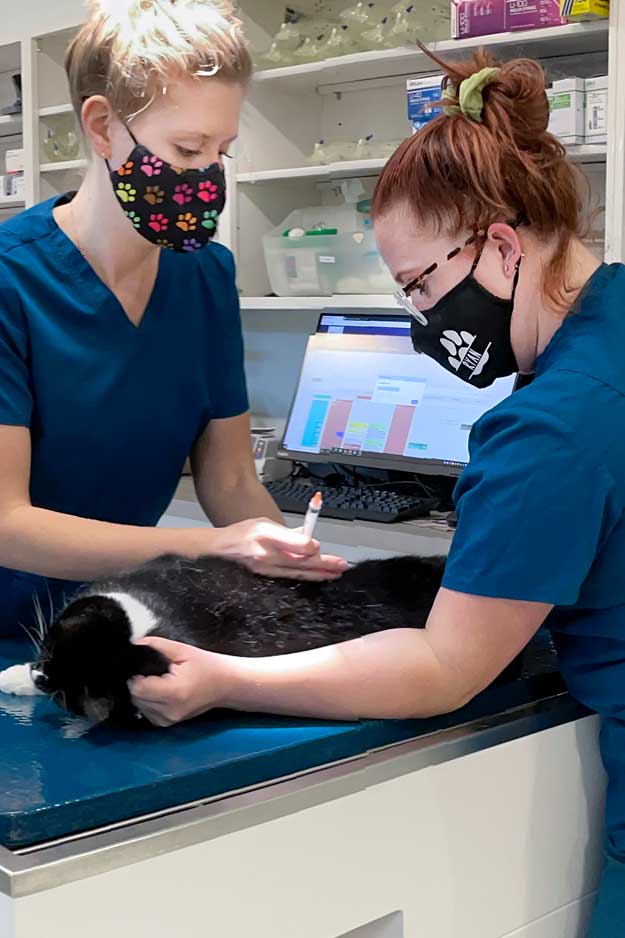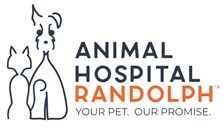
Understanding Your Pet’s Bloodwork
Blood tests enable us to determine causes of illness accurately, safely and quickly and allow us to monitor the progress of medical treatments. They often give us good news regarding the absence of disease or illness, allowing us to administer anesthesia as safely as possible. To aid in understanding your pet’s test results, this guide gives brief explanations of the tests contained in our Comprehensive Pre-Surgical Safety Panel.
COMPLETE BLOOD CELL COUNT (CBC)
This is the most common blood test performed both on pets and people. Gives invaluable information on hydration status, anemia, ability to form blood clots, infection and ability to mount an immune response. Useful in pre-surgery evaluation to detect bleeding disorders or other unseen abnormalities.
- HCT-Hematocrit – Measures amount of red blood cells. Detects anemia and dehydration.
- HGB, MCHC – Hemoglobin, Mean Corpuscular Hemoglobin Concentration – Oxygen-carrying pigment of red blood cells.
- WBC – White Blood Cell Count – Basic immune cells of the body. Increases or decreases indicate certain diseases and/or infections.
- Grans, L/M – Granulocytes, Lymphocytes/Monocytes- Specific types of white blood cells.
- PLT – Platelet Count- Cells that allow the body to form blood clots and stop bleeding.
BLOOD CHEMISTRIES
These common blood serum tests evaluate organ function. They are very important in evaluating your pet’s potential problems with anesthesia.
- ALKP – Alkaline Phosphatase – Elevations are related to liver damage, Cushing’s disease, Steroids and active bone growth in young pets. Especially significant in cats.
- ALT – Alanine Aminotransgerase – Sensitive indicator of active liver damage but does not indicate the cause or reversibility.
- BUN – Blood Urea Nitrogen – Kidney function. An increased blood level of nitrongenous waste products (proteins) is called azotemia. Kidney, liver and heart disease, urethral obstruction, shock, and dehydration can cause abnormal CREA – Creatinine – Kidney function. Helps distinguish between kidney and non-kidney causes of elevated BUN.
- GLU – Blood “sugar” Greatly elevated levels may indicate mellitus. Low levels can cause collapse or even coma.
- TP – Total Protein – Indicates hydration status and as additional information in liver, kidney, infectious diseases and more.
Request Appointment
Located at 1435 Zoo Parkway, Asheboro, NC 27205, Animal Hospital Randolph provides complete veterinary medical and surgical care as well as boarding for dogs and cats from Randolph County and surrounding areas.
